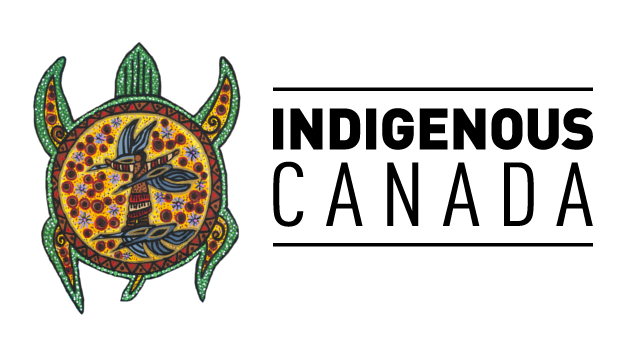The more I learn, the more I realize I do not know. Dr. Lee Brown’s interview and Michael Marker influenced this post. I think until we understand, or try to understand, the past we cannot effectively move forward to a better future. One that portrays collaboration, cooperation, and more than one perspective.
“… an informed historical awareness of any cultural group is essential for distinguishing between minority cultures and mainstream American culture, the situation is amplified with regard to local indigenous people because their histories are enmeshed with the ecological history of the land”. (Marker, 2006, p.495).
 Indigenous Canada is a Massive Open Online Course (MOOC) from the Faculty of Native Studies at the University of Alberta that explores Indigenous histories and contemporary issues in Canada. Click on the picture above to go to the website. I think it may be a great place for many to start if they are unfamiliar with the history of Indigenous Peoples of Canada. I personally did not experience any FNMI education in my elementary and secondary schooling, and if I did it was incorrect, misrepresented, and very stereotypical. I believe there is a large percentage of the adult Canadian population who would benefit from a course like this, and it’s FREE!
Indigenous Canada is a Massive Open Online Course (MOOC) from the Faculty of Native Studies at the University of Alberta that explores Indigenous histories and contemporary issues in Canada. Click on the picture above to go to the website. I think it may be a great place for many to start if they are unfamiliar with the history of Indigenous Peoples of Canada. I personally did not experience any FNMI education in my elementary and secondary schooling, and if I did it was incorrect, misrepresented, and very stereotypical. I believe there is a large percentage of the adult Canadian population who would benefit from a course like this, and it’s FREE!
References
Indigenous Canada (n.d.). University of Alberta. https://www.ualberta.ca/admissions-programs/online-courses/indigenous-canada/index.html
Marker, M. (2015). Borders and the borderless Coast Salish: decolonizing historiographies of Indigenous schooling. History of Education: Journal of the History of Education Society, 1-23.